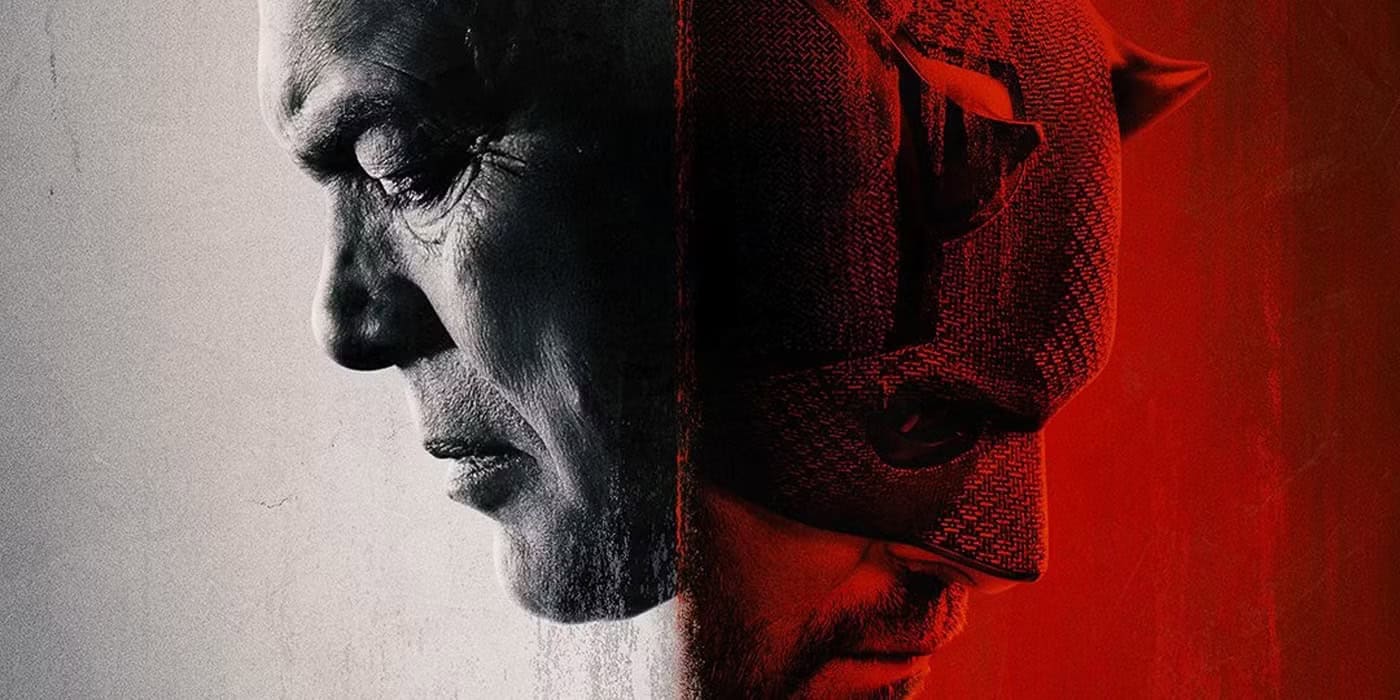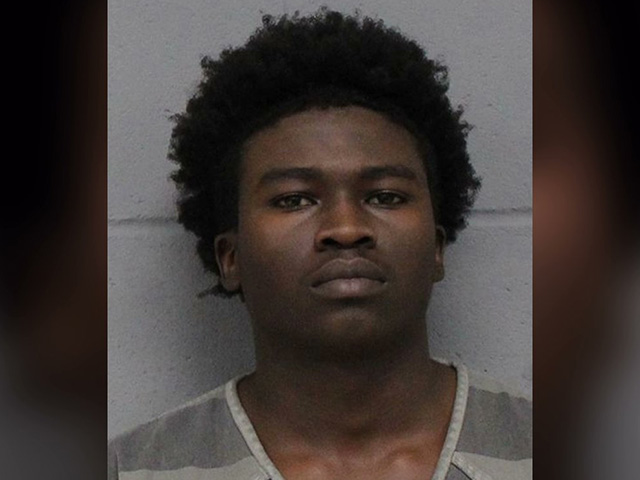Troop Deployment at Quiet Border Raises Questions in Del Rio

DEL RIO, Texas -- There are signs all over town that the troops have arrived.
The two hotels closest to the Border Patrol headquarters are sold out. A local gym and a barbershop are advertising discounts for men and women in uniform. Every Thursday, diners can use their military IDs to save on food and drinks at Molcajetes Mexican restaurant.
Several hundred active-duty soldiers arrived in the Texas city of Del Rio in late January after President Donald Trump declared an invasion and ordered troops to deploy to the southern border. The U.S. Department of Defense states 3,600 servicemen and women, mostly from the U.S. Army and Marines, have been sent to help patrol the nation's land border with Mexico.
However, their arrival coincides with one of the quietest moments at the border in the last decade. Agents with the Border Patrol sector that includes Del Rio and the neighboring city of Eagle Pass have apprehended fewer than 50 individuals a day since late January, a stark decline from 2023 when up to 5,000 migrants surrendered daily after crossing the Rio Grande.
Many locals welcome the tax revenue and extra troops, but they are uncertain about the necessity of their presence at this time.
"We're glad they're here enjoying our city," said Alvaro Arreola, the mayor of Del Rio. "Even if we haven't gotten any information about their actual mission."
Along the 2,100 miles of land dividing the United States and Mexico, illegal migrant crossings have been significantly decreasing. This trend began last year as Mexico intensified enforcement measures, preventing migrants from reaching the border. Additionally, the Biden administration prohibited migrants from claiming asylum after crossing illegally, directing them to apply for entry through an application instead.
Border apprehensions had declined to near 2019 levels by the time Trump took office. He quickly canceled CBP One app appointments for many migrants, declared an emergency, and effectively sealed the border. U.S. Customs and Border Protection recorded over 2 million encounters with migrants trying to cross the border in 2022 and 2023. Current trends may indicate that by 2025, border apprehensions could drop below 300,000, an unprecedented level since 2017.
"People are recalculating and rethinking their plans," explained Adam Isacson, a border security analyst with the Washington Office on Latin America. "If anyone is crossing and turning themselves in, they are severely misinformed or extraordinarily desperate."
Before Trump's administration, there were 2,200 active-duty soldiers stationed at the border since 2018. This number has now risen to 5,000 and is expected to increase, according to Gen. Gregory Guillot, commander of U.S. Northern Command, during a Senate Armed Services committee hearing.
Isacson noted that, given the current U.S. and Mexican troop presence at the border, there is approximately one soldier or officer per every migrant trying to cross each month. Mexico has also deployed 10,000 troops as part of a truce after the Trump administration threatened the nation with tariffs.
This troop presence has led some locals to question their purpose.
Trump senior adviser Stephen Miller stated that Border Patrol agents and troops are engaged in seizing drugs and weapons, arresting violent criminals, erecting barriers, and conducting investigations to combat human trafficking, although he did not provide specific figures.
U.S. Customs and Border Protection declined to specify the troops' tasks beyond generalities. U.S. Northern Command, overseeing the border deployment, indicated active duty soldiers are reinforcing border barriers and assisting with intelligence regarding cartel activities.
Despite the Department of Defense increasing its southern border force, residents noted that the border appears much like they have grown accustomed to under Gov. Greg Abbott's Operation Lone Star. The state invested over $11 billion, which Abbott seeks reimbursement for, to send troops, string razor wire, and arrest migrants for trespassing, though there is no firm evidence this had any significant impact on crossings, other than shifting migrants elsewhere.
Local leaders mentioned that up to 400 soldiers have arrived in the city since late January, reporting to Laughlin Air Force Base, where fighter pilots train and are subsequently dispatched to various areas along the border. CBP officials stated they are adjusting troop counts based on where needs are greatest.
Ronald Chattler, a local businessman, claimed the dramatic influx of migrants in 2021, when about 14,000 people gathered beneath the international bridge, no longer concerns him. He does not believe the additional soldiers are necessary.
"We have as many people with badges as we do citizens without," he remarked. "There's no activity going on in this town. It's completely stopped."
Border Patrol agents in Del Rio and Eagle Pass are frequently observed on local roads and at key vantage points. Miller noted that agents have been "pushed to the front line" as their roles shift under Biden's administration.
In neighboring Kinney County, where the local sheriff gained media attention during the Biden administration, more than 40 days passed without a single smuggling arrest from December to January, causing patrol officers to refrain from overtime and excessive paperwork.
"We're back to getting cats out of trees and helping little old ladies with their groceries," Sheriff Brad Coe stated. "It's so quiet it's spooky. It feels like the calm before the storm."
Nearly 300,000 foreigners are estimated to be waiting in Mexico to see how U.S. border policy will evolve in the upcoming months. Based on historical patterns, the current calm may only be temporary. Following Trump’s first inauguration in 2017, migration ceased but began to rise towards year’s end. As migration resumed, the administration implemented stringent strategies, including family separations.
Historically, surges in crossings correlate with seasonal changes, but experts like John Gramlich from the Pew Research Center suggest that today’s trends are more closely linked to global events and policy changes.
"It's all much less predictable," he noted.
The evolving situation for cities like Del Rio and neighboring Eagle Pass, which recently experienced dramatic influx, may depend on policies that could be overturned by federal judges. Meanwhile, border analysts anticipate that it could become riskier and pricier for migrants to cross, as both the United States and Mexico enhance surveillance and cartels increase fees.
An immediate effect is that Texas migrant shelters are now largely empty. Border nonprofits, which previously sheltered thousands of migrants weekly, are reallocating resources and humanitarian efforts to organizations in Mexico and closing locations as demand has decreased.
Democratic leaders in this border region believe that Trump exaggerated his claims regarding an invasion, and they argue that the arrival of new soldiers is part of a political strategy by Republicans to energize their voter base.
"There's no more emergency because the election is over," stated Maverick County commissioner Gerardo “Jerry” Morales, a Democrat. "We won't see politicians returning here to declare a crisis until the next election."
Upon Trump's declaration for troop deployment, Val Verde County Judge Lewis Owens expressed community concerns about potential stops and questioning of residents. Undocumented individuals are integrated into many border communities, including Del Rio, and active duty military cannot stop drivers or inquire about immigration status by law.
With diminished duties at the border, experts suggest Border Patrol agents may be redirected to enforce immigration laws in other areas of the country. Recently, high-ranking officials from U.S. Immigration and Customs Enforcement were removed due to frustrations about the pace of arrests and deportations.
It may be too soon to conclude, but Owens hopes that with elections over and crossings continuing to dwindle, Del Rio can refocus on pressing issues like water and sewage management.
"What happened back then is always in the back of your mind," remarked the county leader. "But I think we will have more warning this time."





















